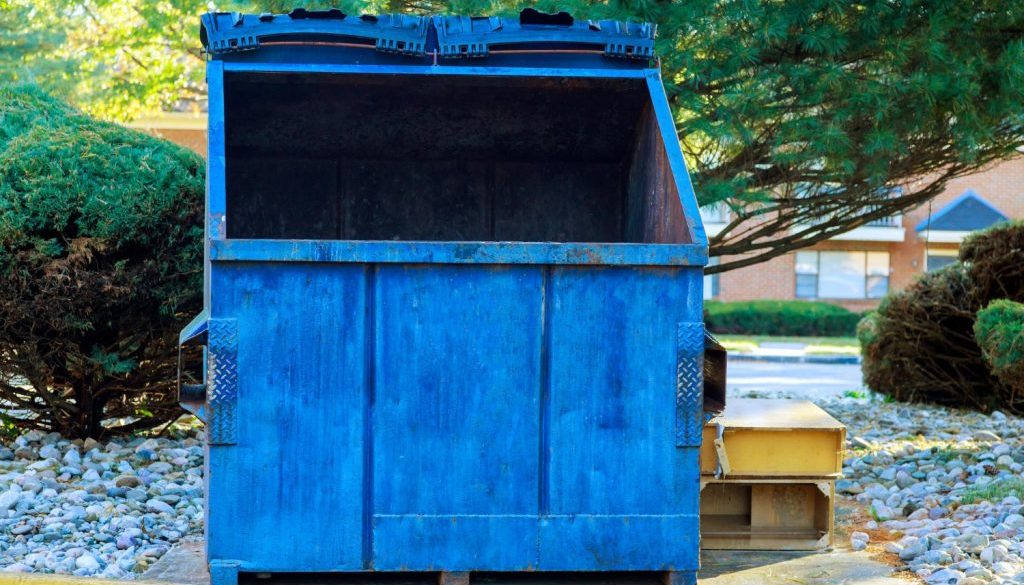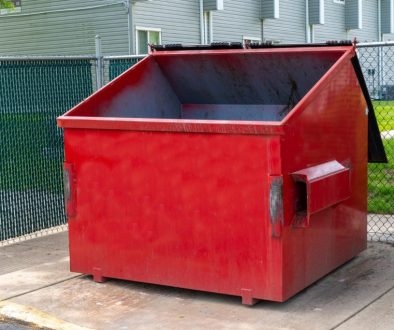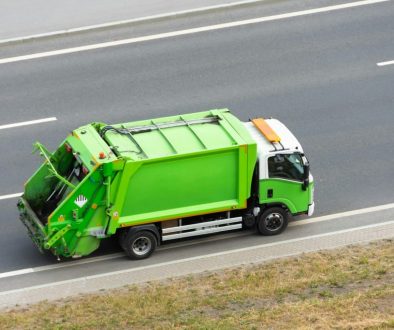Achieve Zero-Waste Business Events in Cheshire
Planning a business event comes with a long checklist, but waste is one of those things that often slips to the bottom or gets skipped altogether. Whether it’s a networking event, staff get-together or promotional gathering, there’s one thing they all have in common: they produce a lot of rubbish. Deciding early on to make your business event zero-waste doesn’t just help reduce the cleanup at the end of the day, it also makes a strong statement about your commitment to sustainability.
Zero-waste events are becoming more common across Cheshire, with businesses noticing the benefits. From improving public perception to aligning with internal green goals, going zero-waste makes sense. A cleaner, tidier venue also keeps guests happy and comfortable, which naturally creates a better event experience. With a bit of planning, the right people, and smart skip hire, you can keep waste under control and still run a professional-looking event.
Planning a Zero-Waste Business Event
A zero-waste event starts with good prep work. You don’t need to hit perfection. Just having a focused plan can already lead to good results. Begin by thinking about your goals. Do you want no plastics? Do you want to divert the majority of rubbish away from landfill? Whatever the target, write it down and share it with your team.
Here’s a practical checklist to follow:
– Choose a venue that already supports waste separation and recycling
– Talk to your vendors early and let them know what your waste goals are
– Use digital invitations, signs and schedules where possible
– Ban single-use items such as plastic bottles and disposable cutlery
– Put together a team to check waste areas and guide attendees
– Add clear signs near every skip and disposal point
– Track all collected waste and estimate how much was avoided
It helps to involve suppliers early. If your caterer is aware that you’re avoiding disposable trays, they can bring reusable ones. If your merchandise provider knows you’re skipping cellophane or plastic wraps, they’ll be able to recommend eco alternatives. Sharing your plan early helps everyone work towards the same goal without friction.
One event in a Cheshire conference hall did just that. They offered refill water stations instead of bottled water and used compostable packaging for catered meals. They even stationed helpers near skips to point guests in the right direction. As a result, very little waste went to landfill.
Set achievable goals and communicate with everyone involved. Don’t wait until the last minute to sort logistics. A clear plan in week one will save plenty of stress later on.
Using Skips to Manage Event Waste
When expectations are high and foot traffic is steady, skip hire can be a game-changer. Skip hire in Chester suits all event sizes, from corporate open days to eco talks and business fairs. The main point is choosing the skips that match your needs and positioning them wisely.
Here’s what to consider:
1. Skip size
If you’re managing a small stand-alone get-together, a mini skip may be enough. Larger events with food vendors and large guest numbers may need a builder’s skip or even a larger one.
2. Skip placement
Skips should be placed where rubbish is created: next to catering areas, near main entrances, and close to back-of-house staff setups. Keep skips visible but not disruptive to guest movement.
3. Waste separation
Mixing rubbish means extra work later. Use skips designated for general waste, mixed recycling, and food or compostables. Labelling is key to get clean separation.
4. Venue approval
Some venues in Chester may have conditions around skip placement. Check in advance to avoid complications on delivery day.
Hiring skips ahead of time, and planning out their placement, ensures you won’t be scrambling once rubbish starts appearing. A tidy space with handled waste adds a level of organisation that your guests will appreciate. It also makes things smoother for post-event cleanup, reducing the pressure on staff and reducing your waste-handling costs.
Best Practices for Waste Reduction at Events
Waste reduction is all about those little, smart choices. The best place to look first is where rubbish tends to collect the fastest—near food stalls, info booths and exit areas. A few targeted changes here can limit your waste.
One solid approach is eliminating single-use items where you can. Encourage guests to bring water bottles or reusable cups, and make sure water points are easy to find. When you hand out compostable cutlery or packaging, provide the properly marked skip beside it so waste doesn’t end up in the wrong bin.
Recycling should feel easy for your guests. Think about how you label your skips. Use big fonts, pictures of waste items instead of long lists, and place signs above the containers, not just on top. It’s trickier to read labels once the lid won’t close due to a full bin. Make sure all your signs match, so people don’t get confused switching between areas.
Helpful hints to keep your setup clear:
– Colour-code skip signs using widely understood colours
– Add visuals of common items on each sign
– Make signage large and place it at standing eye-level
– Always match bins with their assigned waste streams
One Chester-based business ran a successful low-waste event by manning each waste station with a staff member who answered questions on the spot. Their waste was sorted neatly at the source, which saved both time and effort post-event. That’s the kind of simple improvement that leads to long-term change.
Think of waste as part of the experience. With helpful signage and smart planning, your guests barely have to think twice. That ease builds habits and creates a cleaner atmosphere for everyone.
Post-Event Waste Audit and Analysis
Once the last attendees have gone home and the floors are swept, take the chance to learn from what happened. A simple waste audit can teach you a lot about what worked and what didn’t.
Start with the skips while they’re still full. Look at how many were filled halfway versus overflowing, and see if there were lots of wrong items in the wrong skip. That sort of mismatch usually means signage could be better or guests didn’t understand what went where.
You can approach your review like this:
– Note how much each skip filled up
– Check for incorrect items in any of the sorted skips
– Look for which waste areas got overwhelmed
– Record what was reused, donated or turned into compost
– Speak with staff to gather feedback on areas of confusion
Doing this soon after the event means your memory is fresh. If a few staff mention the back hallway skip was confusing or that the compost area got filled with the wrong rubbish, that’s your cue to make adjustments for next time. Small tweaks can lead to big improvements.
Working directly with your skip provider can also help. Some drivers or waste teams might notice trends across events in Chester that are relevant to your case. That kind of practical feedback is valuable and can inform even better decisions going forward.
Let’s Make It Happen Next Time
Planning a zero-waste business event in Chester doesn’t have to be overwhelming. It just needs a clear goal, the right suppliers and a plan that everyone understands. When done right, it doesn’t just keep venues neat. It builds a reputation for care, accountability and hands-on organisation.
Whether it’s ditching plastic cutlery, spreading clear signs across the venue, or hiring the right skips for the size of your crowd, small steps have a big impact. Every decision you make adds up to a cleaner event and a stronger message about your values. Your staff, your guests and your community will notice the difference.
Want to make your next business event more sustainable? Rely on Enviro Skip Hire for effective waste management. Our skip hire in Chester can help you handle all your event waste smoothly and responsibly. You’re not just reducing rubbish, but also showing a commitment to sustainability. Let Enviro Skip Hire support your efforts to create a cleaner event space in Chester.




